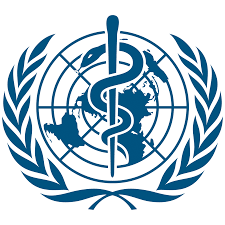The World Health Organisation (WHO) in the Western Pacific region on Thursday endorsed a 10-year action plan to further reduce smoking in the region.
It said in a statement that it would reduce smoking by dismantling major impediments to effective tobacco control measures.
“Tobacco industry interference is a major impediment to implementation of effective tobacco control measures,” WHO said. In recent years, WHO said the industry had attempted to rebrand itself as being committed to a so-called smoke-free future, through aggressive marketing and development of new products.
Nigeria supports ECOWAS common tariff, customs union -FG(Opens in a new browser tab) This also including heated tobacco products and electronic nicotine delivery systems, such as electronic cigarettes or “vaping” devices.
WHO said that the products, which had already addicted millions of people, threaten to reverse gains made against traditional tobacco products and derail progress towards achieving tobacco reduction goals.
According to WHO, tobacco smoking prevalence in the WHO Western Pacific region fell from 29.9 per cent in 2000 to 24.8 per cent in 2015.
However, with current tobacco control efforts, WHO said the projected decline is expected to fall short of the 2025 target.
Delegates endorsed the Regional Action Plan for Tobacco Control in the Western Pacific (2020 to 2030) at the 70th session of the WHO Regional Committee for the Western Pacific being held in Manila since Monday.
The resolution calls on WHO to support governments in accelerating tobacco control measures set out in the WHO Framework Convention on Tobacco Control and its guidelines for implementation.
It also calls on WHO to ensure that governments prioritise tobacco control in all relevant policies by applying a whole-of-government and whole-of-society approach.
Moreover, the resolution also stressed the need to prepare for emerging challenges in tobacco control, such as the concerning proliferation and use of electronic nicotine delivery systems and heated tobacco products – especially among young people. (NAN)
